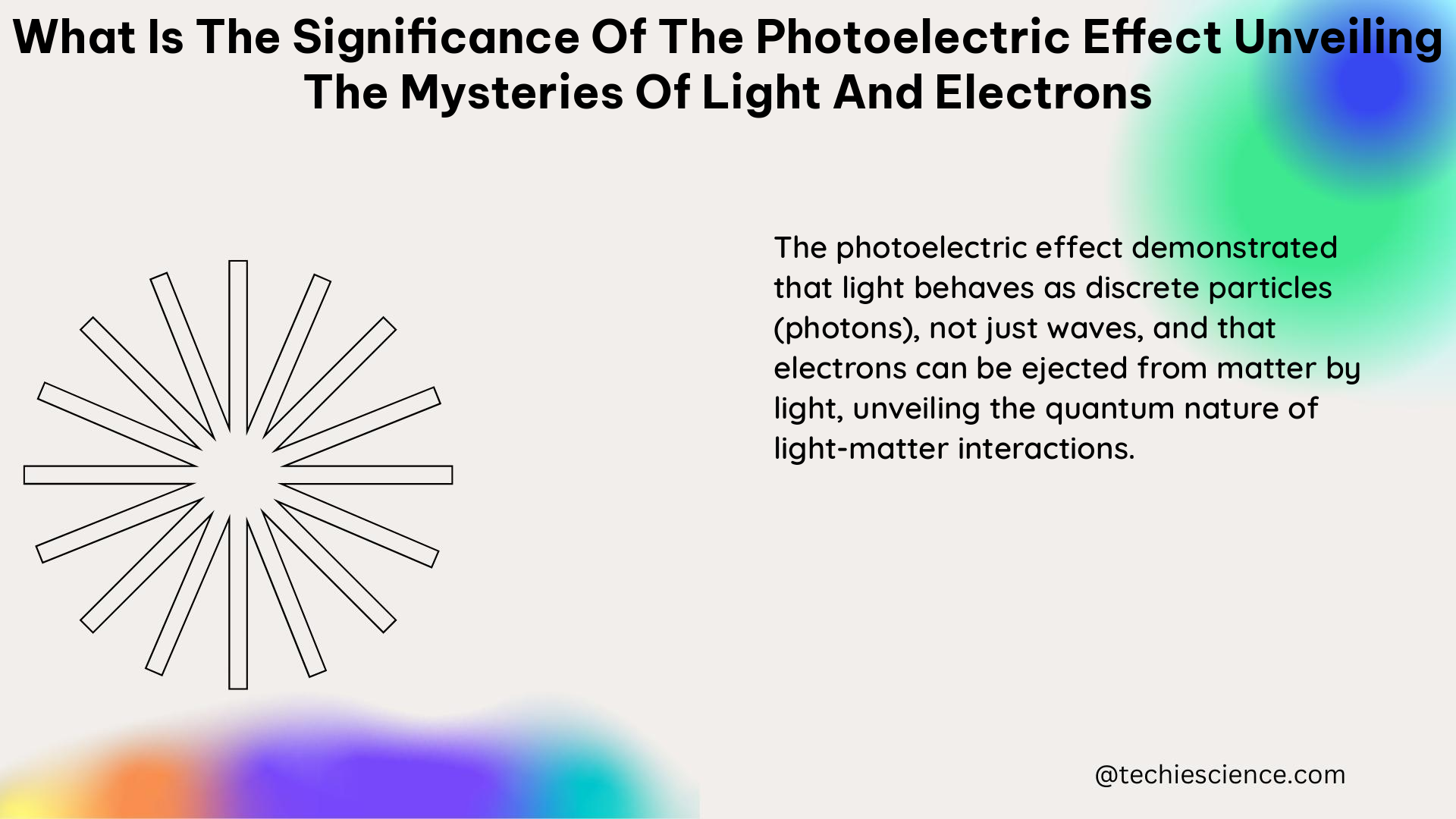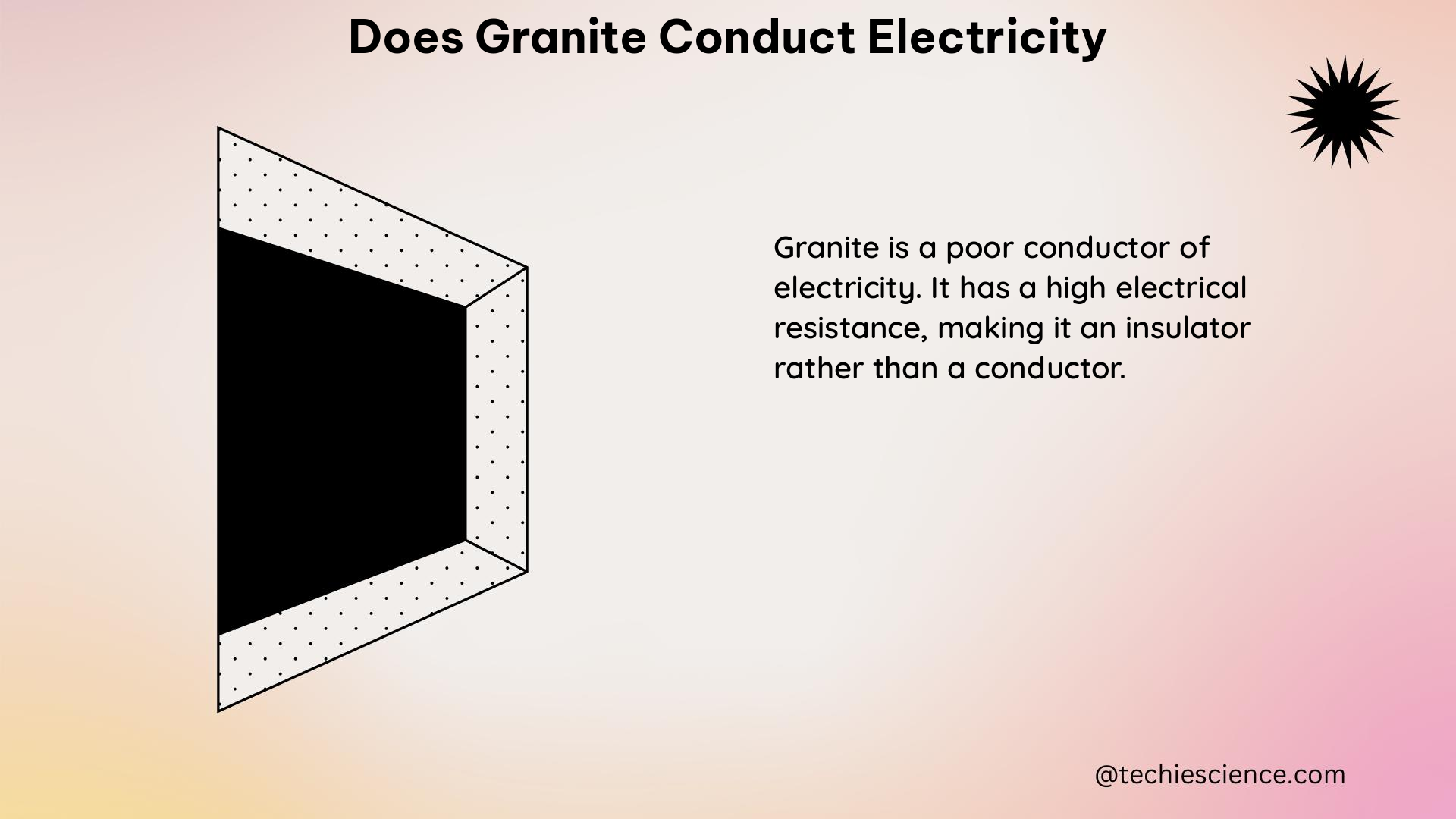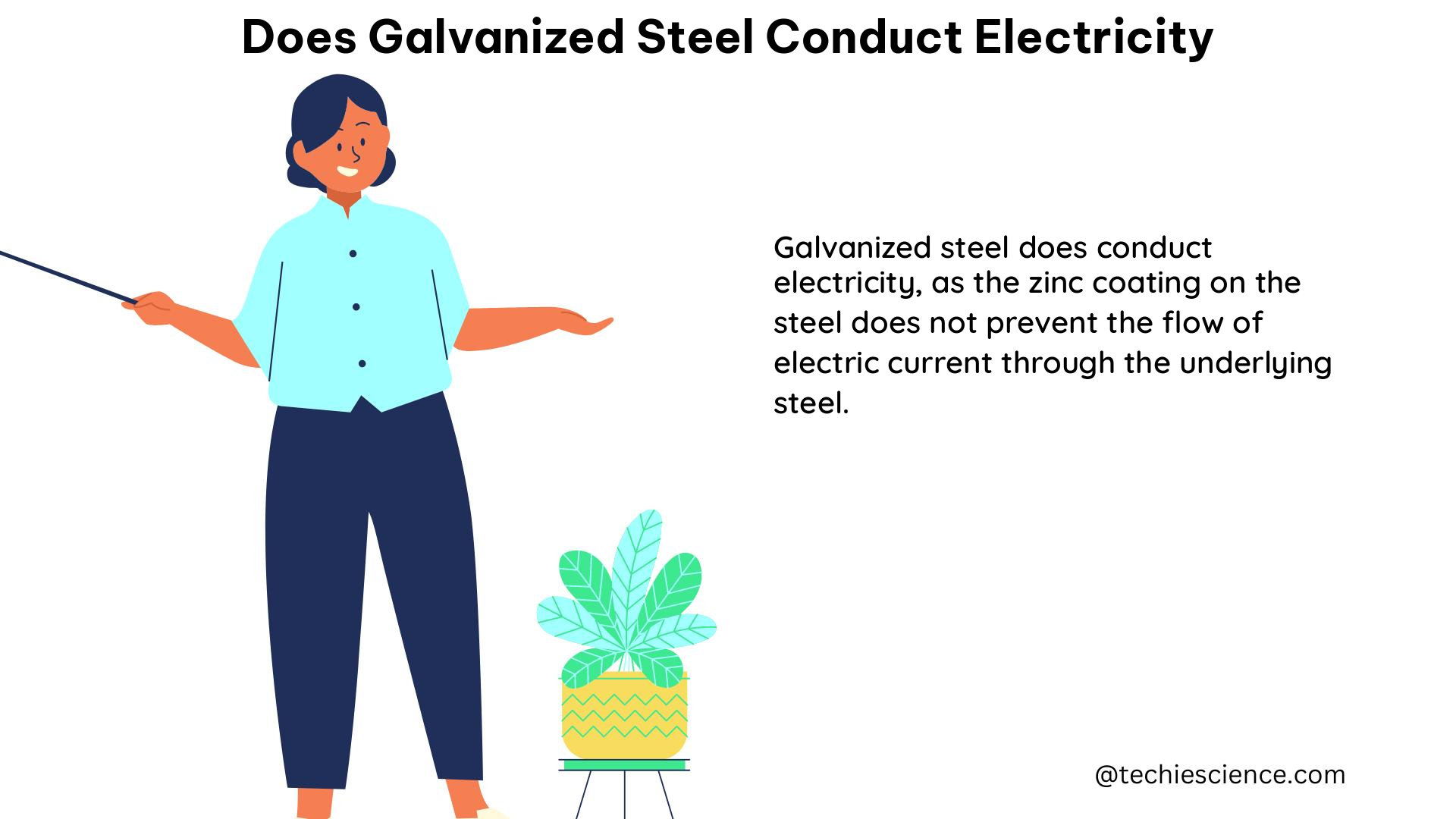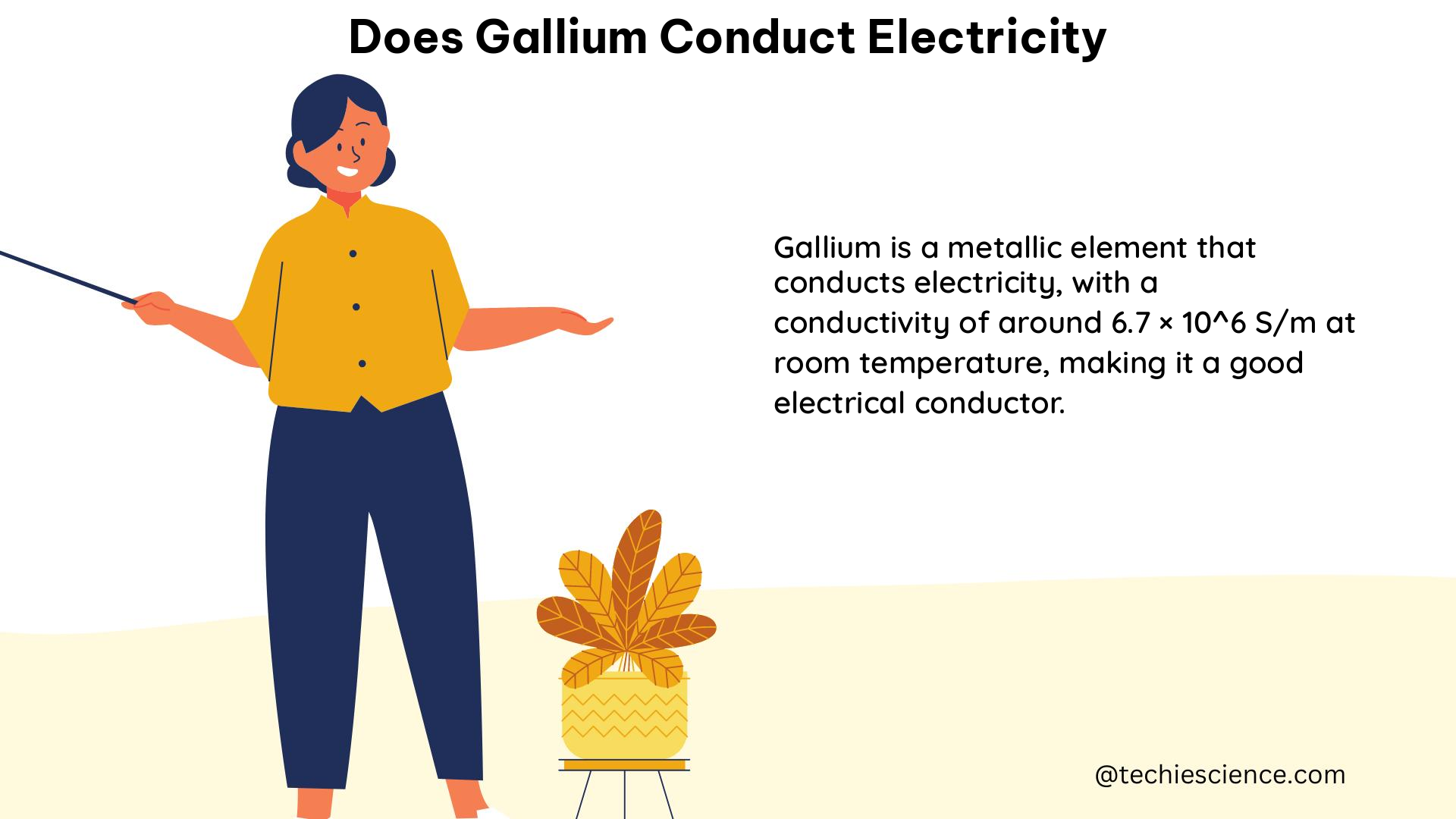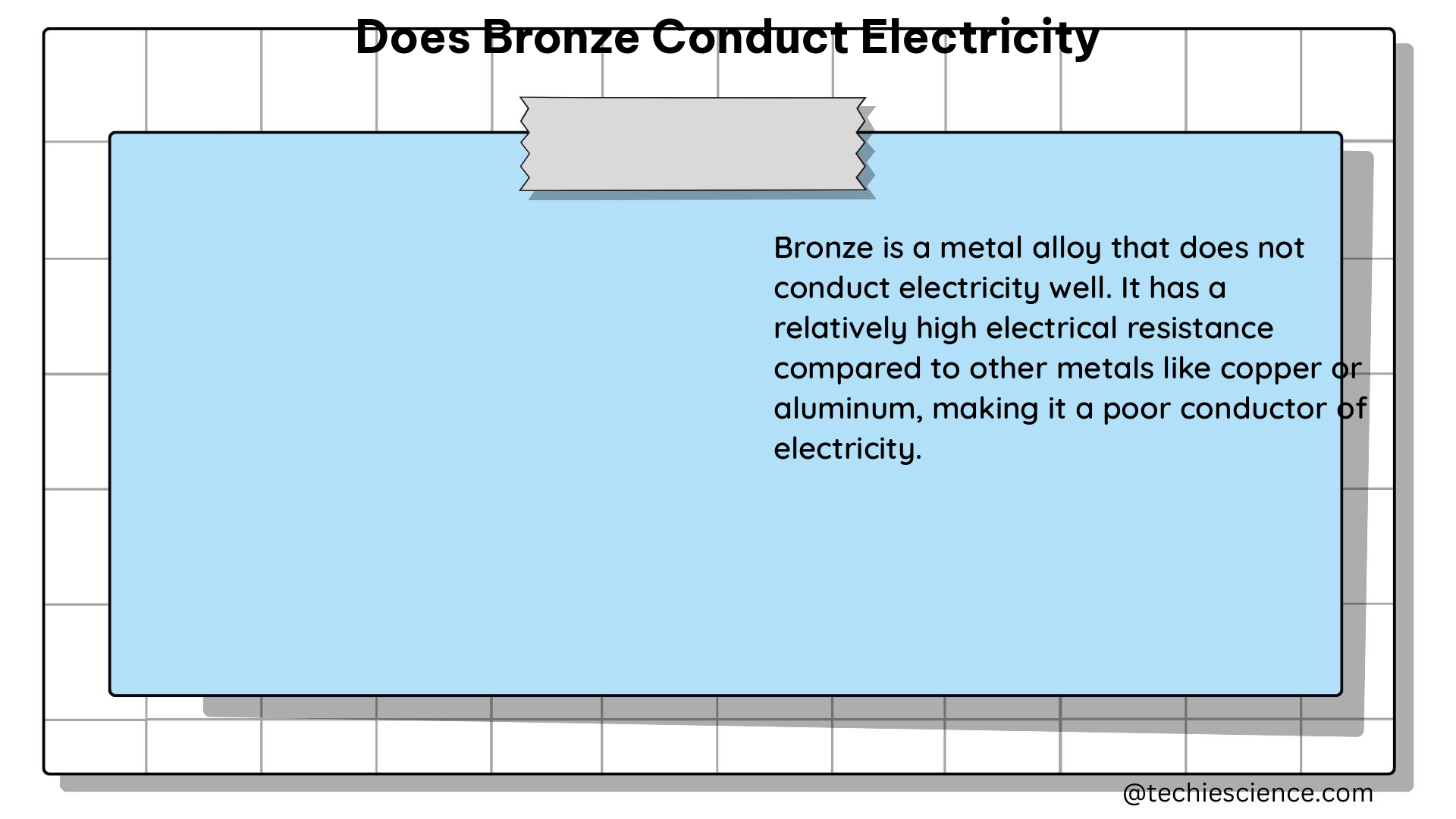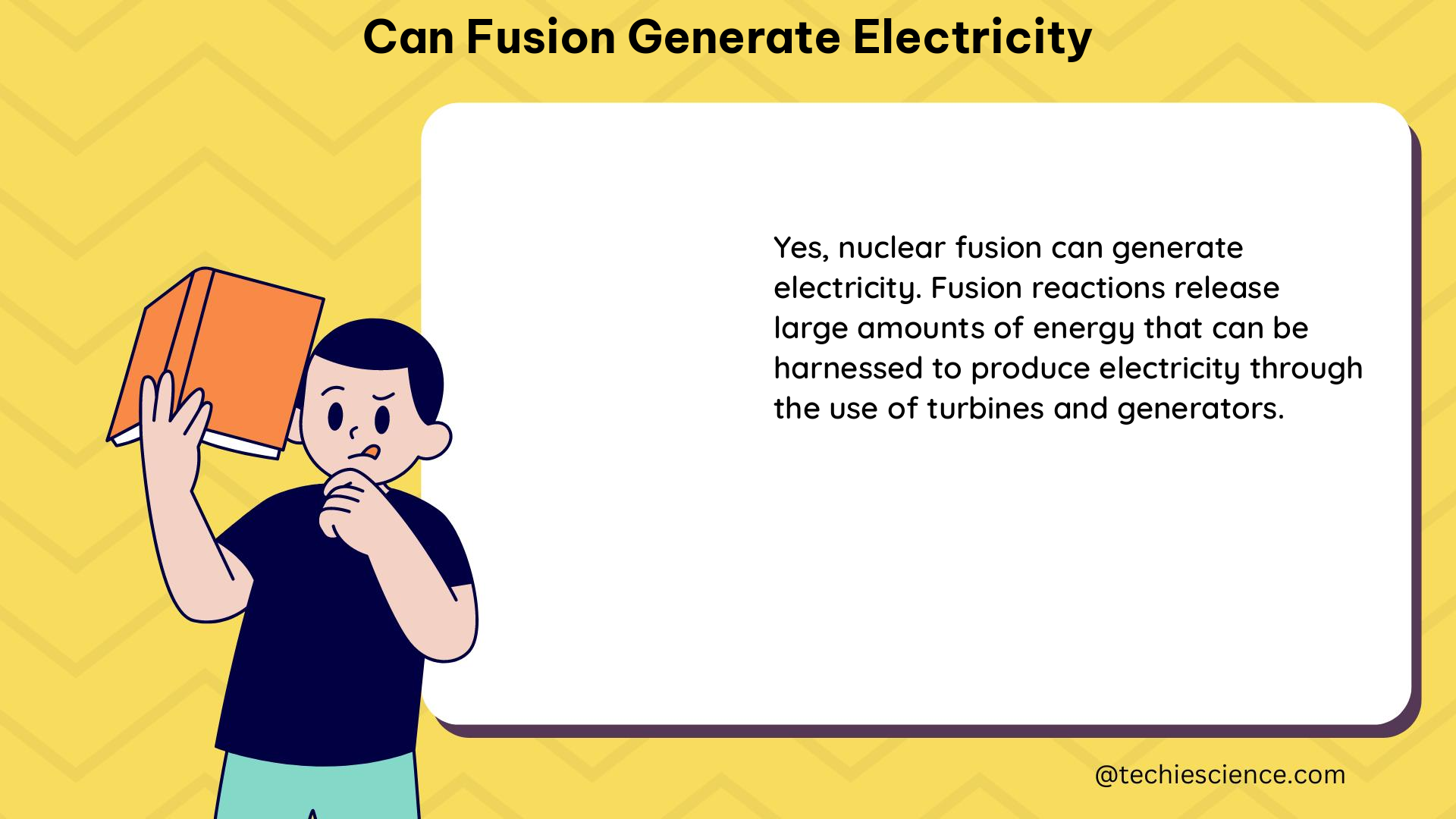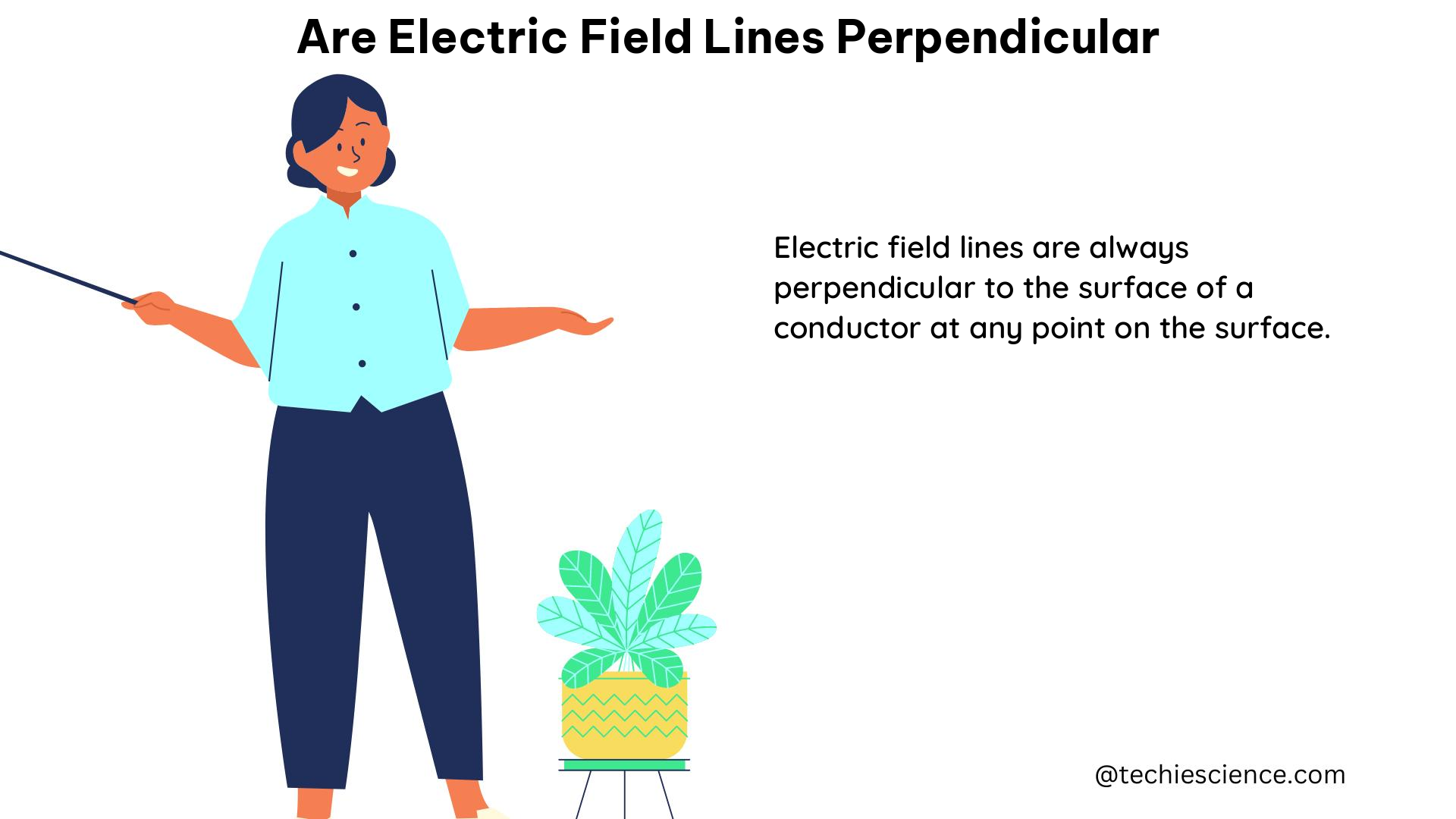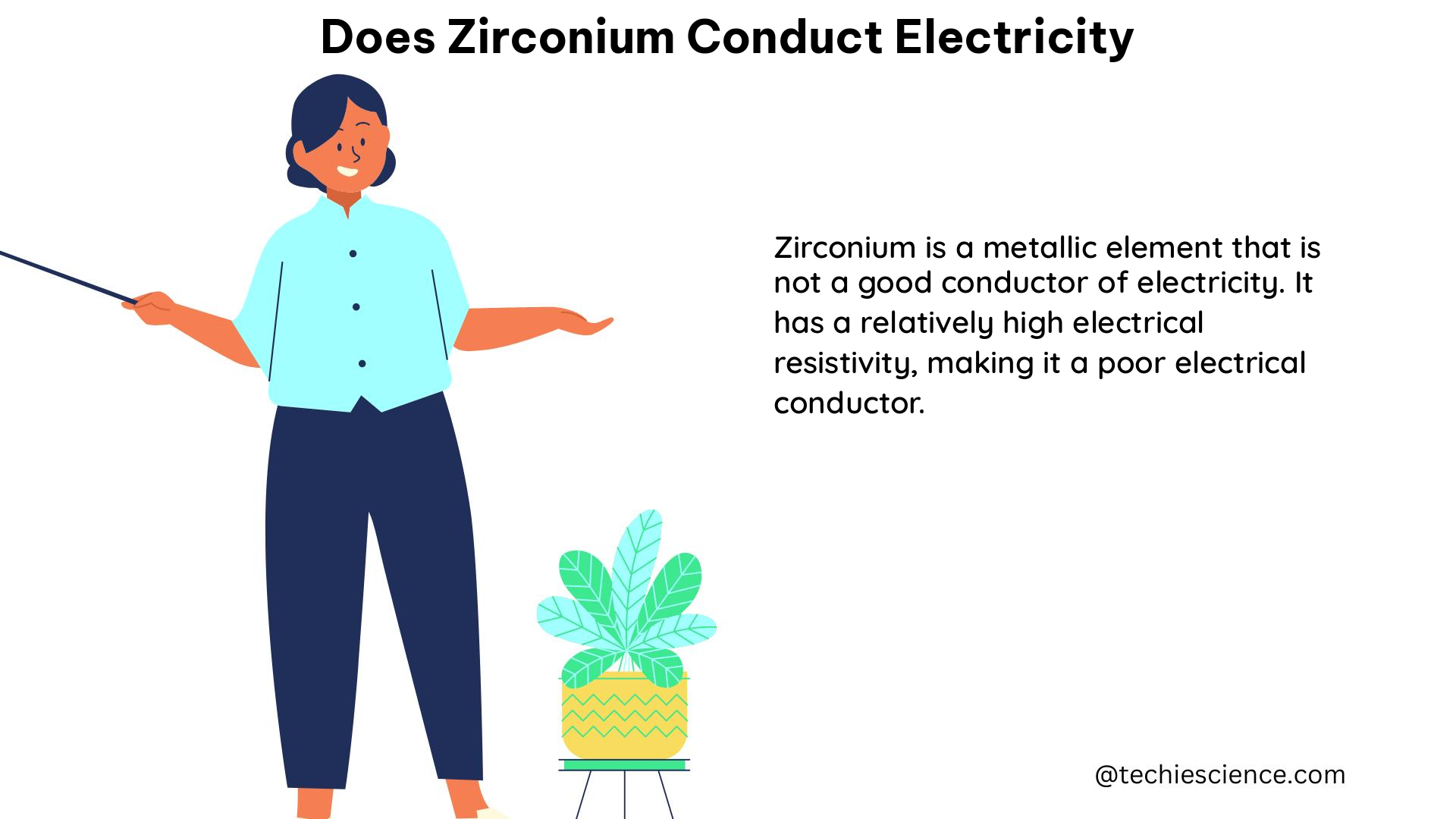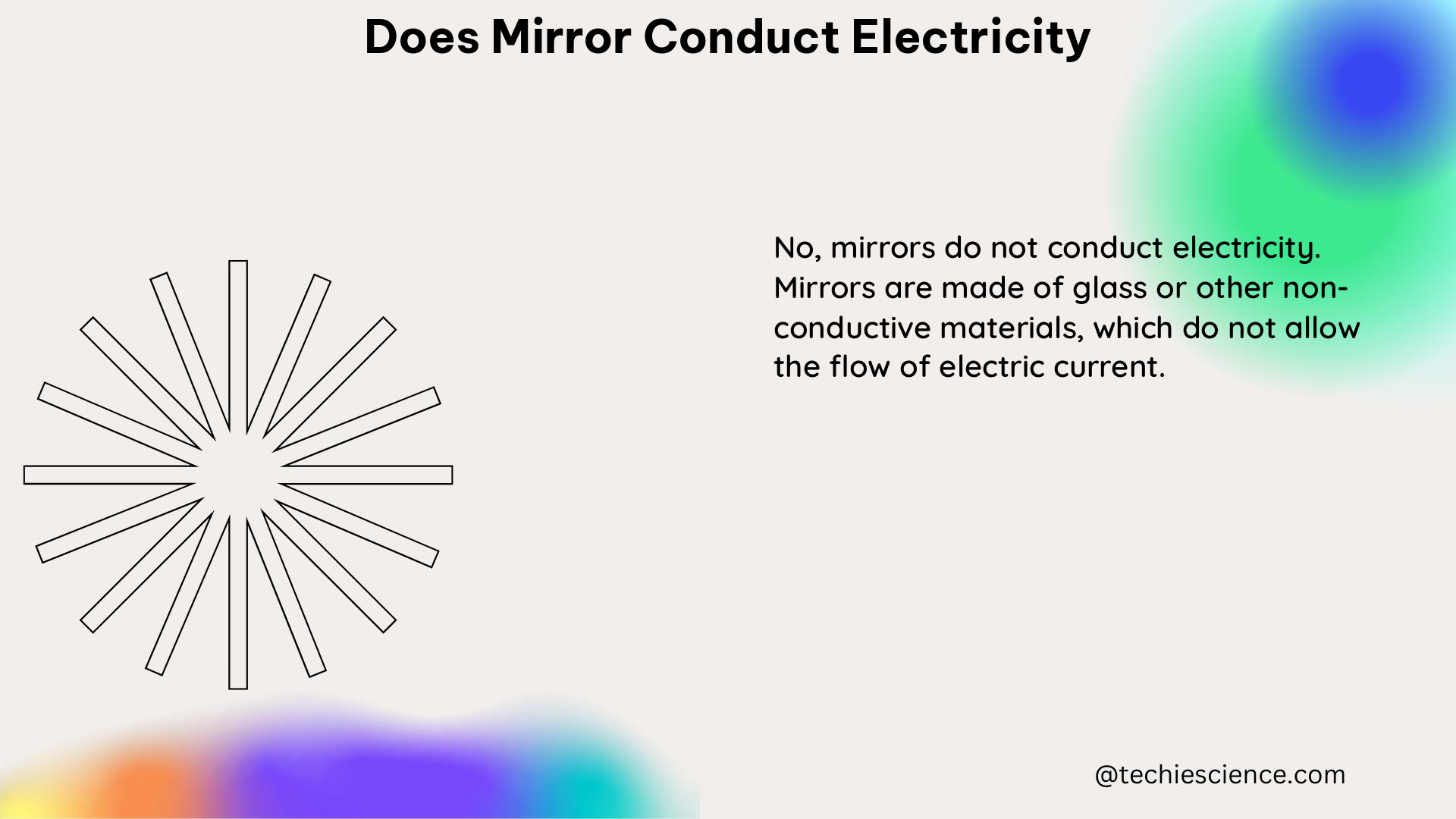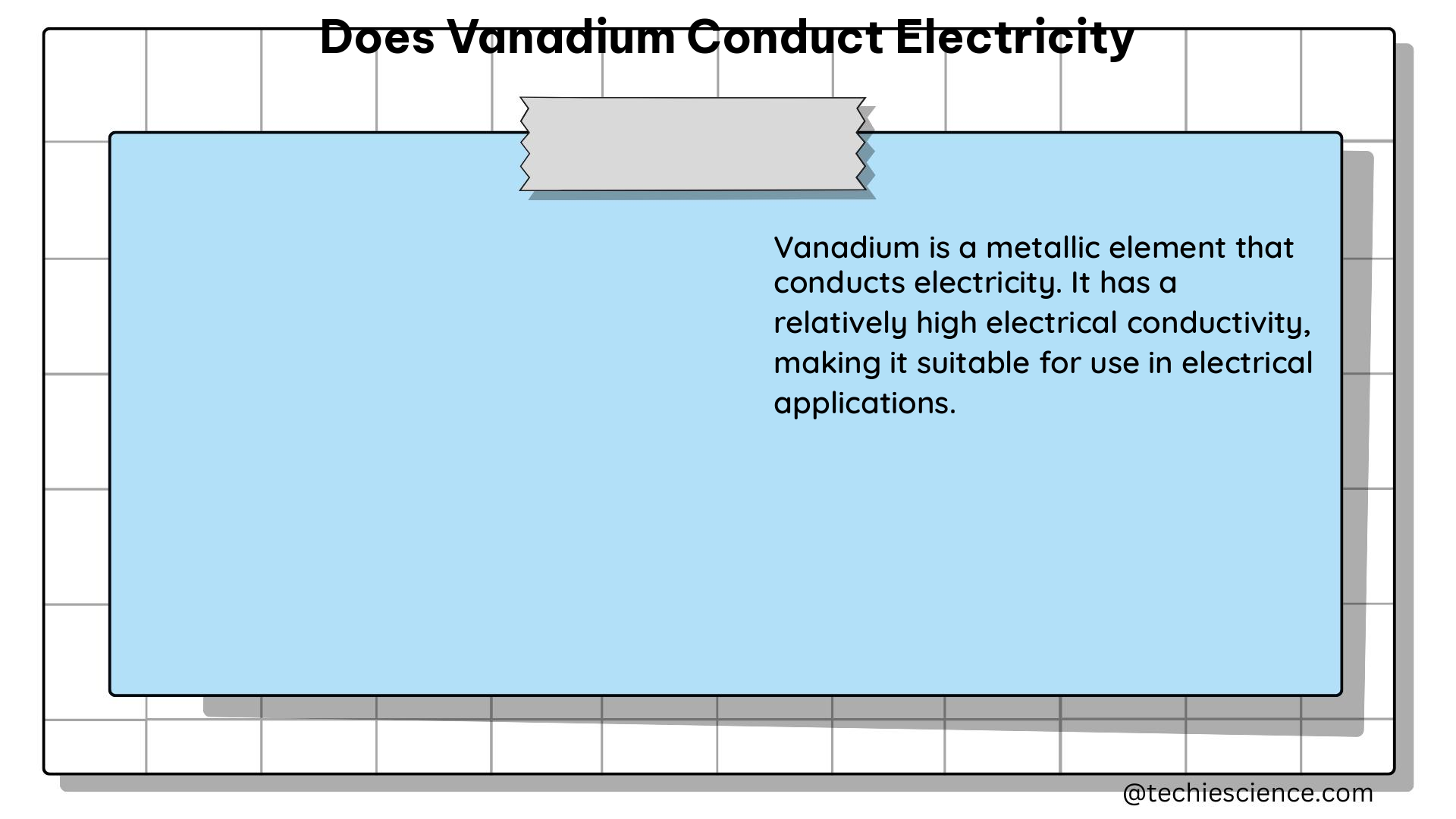The Photoelectric Effect: Unveiling the Mysteries of Light and Electrons
The photoelectric effect is a fundamental phenomenon in quantum physics that has played a crucial role in unveiling the mysteries of light and electrons. This effect, first observed by Heinrich Hertz in 1887 and later explained by Albert Einstein in 1905, has provided invaluable insights into the nature of light and the behavior of electrons … Read more
